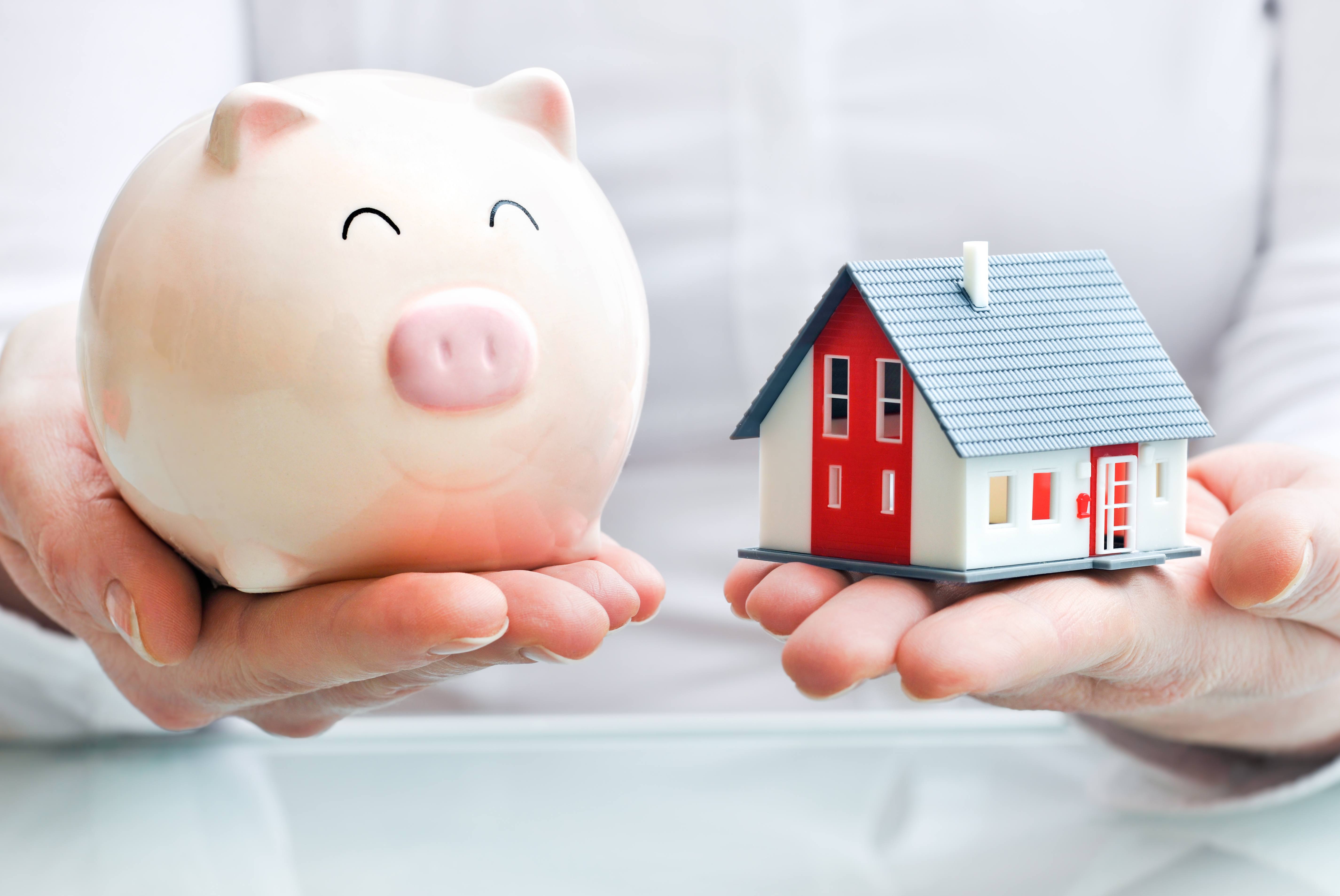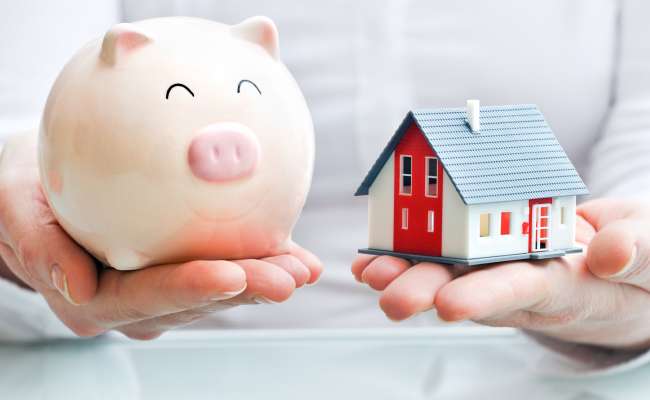You are increasingly thinking about a mortgage for your own apartment, but don't know where to start? Credit is a very important and individual decision that is influenced by many factors. The whole procedure, however, is not as difficult as it might seem at first. Remember that this is a decision that will last for years - be well prepared for this investment so as not to repeat the most common mistakes!
Where to start applying for a mortgage?
The purchase of real estate is one of the best investments. The prices of flats and land continue to rise, and your own flat or house is something that you can pass on from generation to generation ... or rent or sell for a profit. Most often, the purchase of an apartment is financed with a mortgage.
The procedure for applying for a loan is not simple, but with the help of specialists, you can easily go from submitting a loan application to your dream apartment. The two most important things are the analysis of your creditworthiness and your own contribution - here's how to deal with it.
1. Check your creditworthiness
First, check your creditworthiness. The bank will screen your charges, income - their amount and regularity, form of employment, but also age, number of people in the household, funds for own contribution and whether you have other real estate.
Much earlier, that is, many years before the decision on a mortgage loan, you should think about our credibility in the eyes of the bank. Previous financial obligations (credit cards or loans) and whether you have paid them on time are of key importance.
Each bank assesses creditworthiness individually. It is also influenced by whether the loan only covers the purchase of the apartment or whether it will also finance the renovation. Type of market: secondary or primary is another key factor. How high will your own contribution be? It is worth sending loan applications to several banks to be able to compare their offers and our creditworthiness. There is also an honest calculation: think about what installment of the loan you can afford.
2. Estimate your budget and remember about other costs!
The fundamental thing that you cannot forget: realistically assess the ratio of your earnings to the planned loan amount and the forecasted amount of installment.
Also, do not forget about additional costs. Potential borrowers often forget to take into account such expenses as bank costs, loan security, notary fees (the so-called notarial fee), tax on civil law transactions in the amount of 2% of the real estate purchased or the court fee for entry in the land and mortgage register. If you use an intermediary, there are also its handling costs.
It is also worth knowing that the buyer has the right to bargain and negotiate an offer, resulting in a discount or e.g. a garage.
The last issue is the amount of own contribution required by the bank. Make sure how much it is and whether you are able to cover it.
3. Primary or secondary market?
It is worth asking yourself this question at the beginning. When buying an apartment from a developer, we do not know what to expect. Often, when signing a contract, we can only see visualizations, because the building is only in the initial stages of construction. On the other hand, we do not have to worry about renovation and possible unpleasantness such as financial burdens or registered residents.
The secondary market also has its pros and cons. First of all, we know the actual condition of the apartment from the beginning. Prices are usually lower, especially when the seller cares about time, and we become the owners immediately when the contract is signed. However, you should carefully check all documents and check if we will not be taken aback by any unpleasant surprises in the future.
4. Check every detail
The fourth thing to keep in mind when considering a mortgage is to check with your developer or seller. Find out how many projects he has implemented and how their residents evaluate them in retrospect. Is the investment financed with own funds or a loan? Check the land and mortgage register and take your time - give yourself time to consider all the advantages and disadvantages. Visit the apartment several times, at different times of the day, look at the neighbours, carefully analyse the technical condition of the property.
The above advice is, of course, only an introduction to the topic - the decision on a mortgage and the choice of a bank should always be preceded by individual consultations with bank representatives. However, these conversations will certainly be easier if you get the basic information on how to start applying for your own apartment and what conditions to meet to get a favourable credit and make your dreams a reality.











